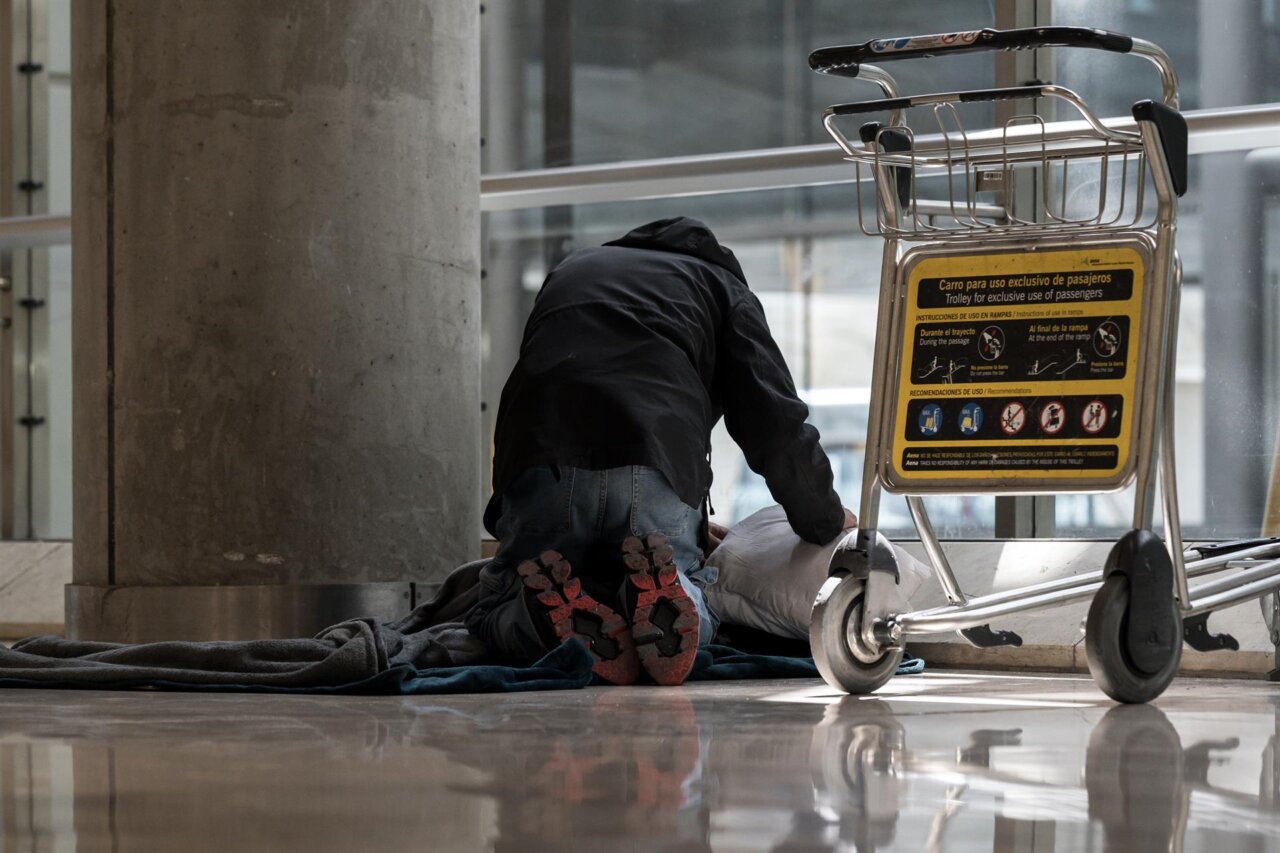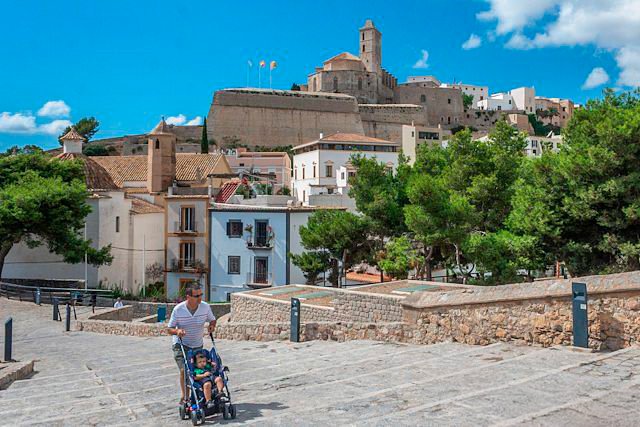The phenomenon of homelessness among the elderly has skyrocketed in the Balearic Islands, with an increase of 148% in just three years, according to an analysis presented Thursday within the Yearbook of Aging. Faced with this “alarming” increase, the study raises the need to adapt the ‘Housing First’ model -which prioritizes access to decent housing accompanied by social and health support- to ensure a dignified aging to those living without a home.
The research, entitled The invisible aging: homeless elderly people, has been prepared by the social educator, former president of the Majorcan Institute of Social Affairs (IMAS) and current councilor of the Socialist Group in the Consell de Mallorca, Sofia Alonso. Her analysis is based on the review of the IMAS reports corresponding to the years 2020-2023, where she has detected a sustained and significant growth of homelessness in the population over 64 years old.
Exclusion situations start before 65 years of age
This pattern, according to Alonso, could indicate that situations of social exclusion and loss of housing are triggered before retirement age and that, as age increases, there is less detection or access to resources.
The ‘Housing First’ model, a possible way to reverse this trend
The report calls for the adaptation of the ‘Housing First’ model, a methodology successfully implemented in several countries that proposes first guaranteeing access to stable housing and, from there, offering ongoing social and health care support. Its application to homeless elderly people could, according to the author, become a “powerful” tool to improve the quality of life and favor recovery and autonomy processes.
Alonso stresses that homeless people have a life expectancy between 20 and 30 years less than the rest of the population, which shows the urgency of implementing specific policies aimed at this group.
A call for institutional action
The study concludes that it is essential to strengthen housing policies, expand prevention and improve coordination between social, health and community services in order to halt the spread of homelessness among the elderly. It also insists on the need for more exhaustive monitoring to identify cases at an earlier age and activate effective interventions.










